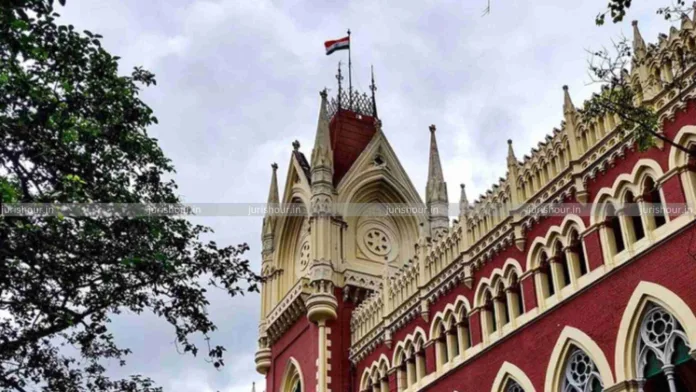The Calcutta High Court has held that the excise duty under Sugar Cess Act cannot be claimed as cenvat credit.
The bench of Chief Justice T.S Sivagnanam and Justice Chaitali Chatterjee (Das) has observed that Section 3 of the Sugar Cess Act provides for levy and collection as a cess for the purpose of Sugar Development Fund Act, 1982, a duty of excise on all sugar produced by any sugar factory in India and, therefore, the cess leviable and collected is at the stage of production of sugar the sugar factory. Because it is a tax on production, it is described as a duty of excise.
The department filed the appeal under Section 35G of the Central Excise Act, 1944 challenging the order passed by the Customs Excise and Service Tax Appellate Tribunal (CESTAT). The appeal was preferred by the assessee challenging the Order passed by the Commissioner, CGST & Central Excise, Kolkata South Commissionerate. By the order, the adjudicating authority disallowed CENVAT credit and ordered for recovery from the assessee under Rule 14(1)(i) of the CENVAT Credit Rules, 2004, read with Section 11A of the Central Excise Act, 1944 and also imposed penalty in terms of Rule 15(1) of the Rules read with Section 11AC(1).
The department contended that the cess levied under the Cess Act, 1982 and collected under the Act does not partake the character of a duty of excise. It is in the nature of a fee for rendering specific service as contemplated under the Sugar Development Fund Act, 1982 and therefore the assessee is not entitled to the benefit of CENVAT credit.
The assessee, on the other hand, contended that the cess levied and collected under the Act is nothing but a duty of excise on sugar produced by the assessee; the levy of such cess is in addition to the duty of excise leviable on sugar under the Central Excise Act or any other law for the time being in force. Sub-section 4 of section 3 of the Act incorporates the provisions of the Central Excise Act and Rules made thereunder in relation to the levy and collection of the duty of excise on sugar in the Act.
Therefore, by virtue of Section 2A of the Central Excise Act, 1944, the cess paid under the Act which is in the nature of a duty of excise shall be construed to include Central Value Added tax, that is, CENVAT and therefore the assessee is entitled to the benefit of CENVAT Credit.
The court held that Tribunal was perfectly right and the learned Tribunal partly set aside the order passed by the commissioner and granted consequential relief, namely, the refund claim by the assessee.
Case Details
Case Title: Commissioner Of Cgst & Central Excise, Kolkata South, Gst Bhawan Vs M/S. Diamond Beverages Pvt. Ltd.
Case No.: CEXA/9/2020
Date: 7 May 2025
Counsel For Appellant: Bhaskar Prasad Banerjee, Adv.
Counsel For Respondent: Ankit Kanodia, Adv.
Read More: Income Tax Exemption On Ten Year Zero Coupon Bond of IRFC: CBDT

